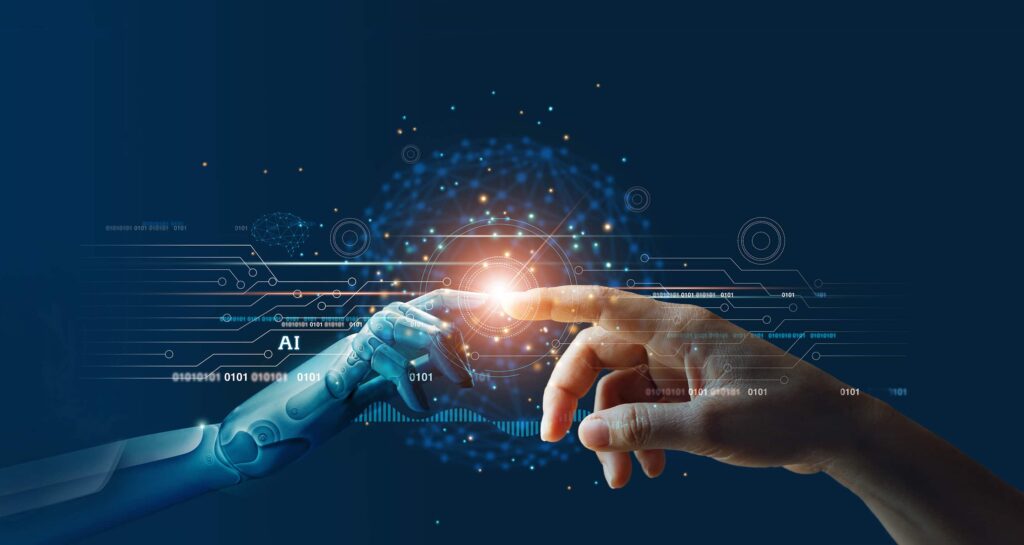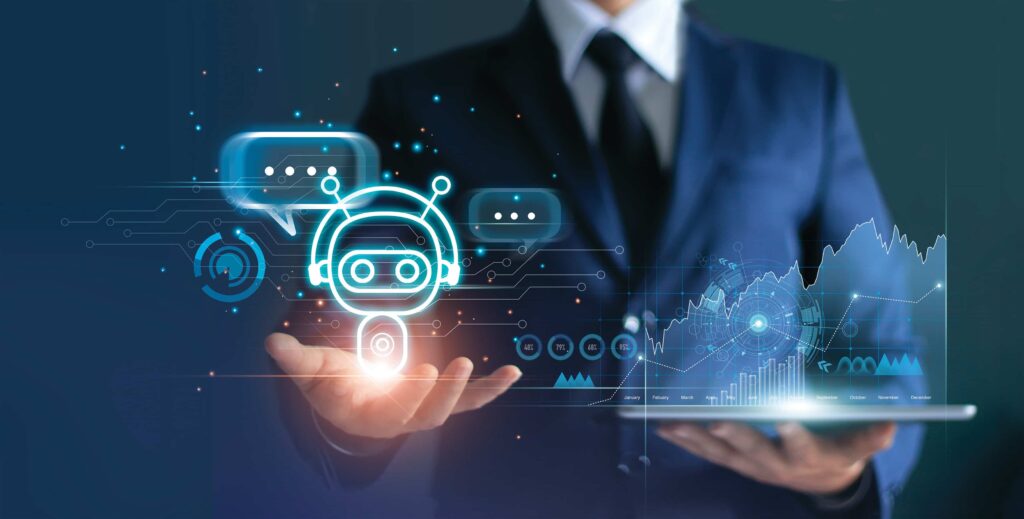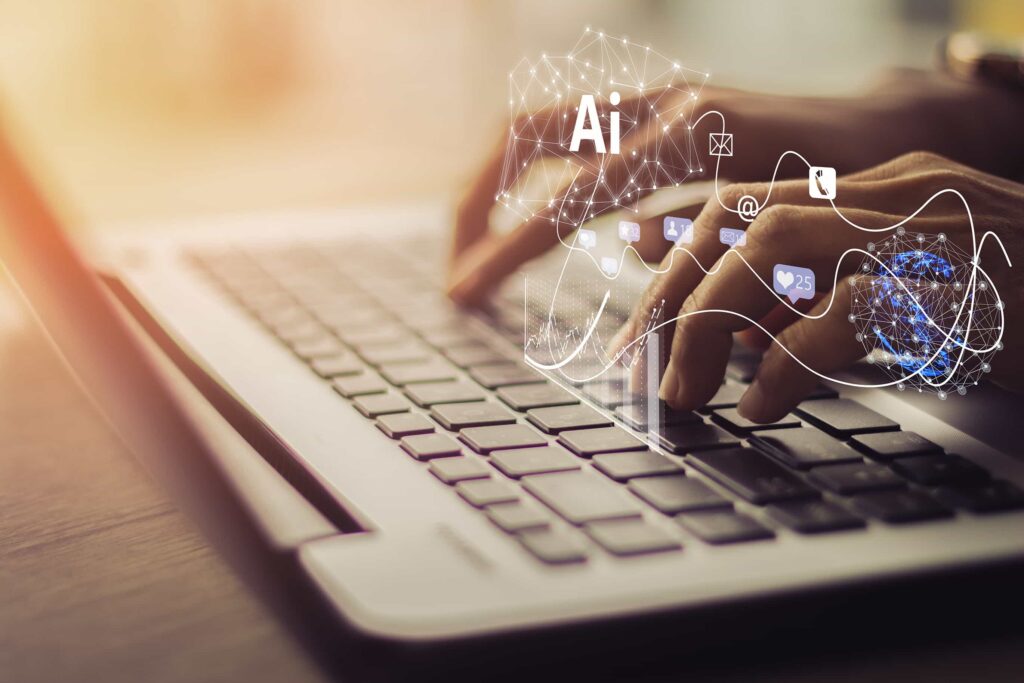
The Future of AI Tools
Artificial Intelligence, or AI, is a rapidly developing technology. It involves the creation of intelligent machines that can perform tasks that typically require human intelligence, such as visual perception, speech recognition, decision-making, and language translation. AI tools have the potential to revolutionise the way we live and work, with implications for businesses, individuals, and society as a whole.
Impacts Of AI Tools On Businesses
The impact of AI tools on businesses can be both positive and negative. On the positive side, AI tools can help businesses increase efficiency, reduce costs, and improve productivity. For example, machine learning and deep learning can help businesses automate routine tasks and make better decisions based on data analysis. This can lead to more accurate predictions, faster response times, and better customer service.
One of the greatest examples of AI development in 2023 is the arrival of ChatGPT, an extremely advanced AI platform that can perform functions such as write complex software coding with a simple prompt from a relatively untrained user.
One potential negative impact to be aware of is cyber attacks. As businesses rely more on AI the opportunities for cyber threats increase. In the example above, of an AI tool writing code, if there are no safeguards in place to check that code it’s possible for the AI to include harmful coding that puts your business at risk.
Will AI Create Jobs?
AI is set to have a significant impact in the human resource element of business. The question of whether AI will create jobs or displace workers is a complex one, and there are varying opinions on the matter. Some experts argue that AI will create new job opportunities in fields such as cybersecurity, customer relationship management, and data research. Others suggest that AI will replace many jobs, particularly those that involve routine tasks.
As it becomes possible for machines to complete more and more tasks, the role of humans could shift into other jobs, managing the work of machines or using AI tools to do their own work more efficiently.
Ultimately, the impact of AI on employment will depend on a variety of factors, including the rate of AI adoption, the skills required to work with AI, and the availability of training and education opportunities.
Businesses that are able to effectively combine good human resource management with the abilities of AI could find efficiencies that set them apart from their competitors.

AI Trends To Watch
Looking to the future, there are several AI trends that businesses should be aware of. One of the most significant AI trends is the increasing use of AI in cybersecurity, as businesses seek to protect themselves against cyber attacks. Tools like Sophos Artificial Intelligence help provide a more advanced and intelligent cyber security solution.
Another trend is the growing use of digital personal assistants, which can help individuals and businesses automate routine tasks and improve productivity.
Finally, AI-augmented root cause analysis is a trend to watch. This is a process in which large amounts of data are fed into the AI tool to search for the root cause of problems in areas of a business, such as production processes.

How Will AI Impact Future Business?
AI is expected to have a significant impact on future business. It has the potential to transform the way businesses operate, make decisions, and interact with customers. Here are some ways in which AI is likely to impact future business:
- Automation of Routine Tasks: AI can be used to automate repetitive and time-consuming tasks, freeing up human workers to focus on more complex and creative work. This can boost businesses’ efficiency and productivity.
- Enhanced Decision-Making: AI has the capability to analyse massive amounts of data and offer valuable insights that can aid businesses in making informed decisions.
- Enhanced Customer Experience: AI can be used to personalise customer experiences by analyzing customer data and providing tailored recommendations and solutions.
- Cost Reduction: AI can be used to reduce costs by automating tasks, optimising processes, and reducing errors. This can help businesses increase profitability and competitiveness.
- New Business Models: AI can enable businesses to develop new products and services, create new revenue streams, and enter new markets.
- Predictive Maintenance: It can monitor equipment and predict maintenance needs, reducing downtime and maintenance costs.
- Fraud Detection: AI can detect fraudulent transactions and prevent financial losses.
- Risk Management: It can analyse risk and provide recommendations to help businesses manage risk more effectively.
- Supply Chain Optimisation: AI can analyse data and learn from it to optimise supply chain operations, improve efficiency and reduce costs.
- Talent Acquisition: AI can screen job candidates, reducing the time and cost associated with hiring.
In summary, AI is a rapidly evolving technology that has the potential to transform our lives and the way we work. Although there are challenges associated with AI adoption, there are also significant benefits to be gained by leveraging AI tools.
To stay ahead of the curve, it’s crucial for businesses and individuals to keep up with the latest AI trends and opportunities and prepare themselves for the changes ahead.









